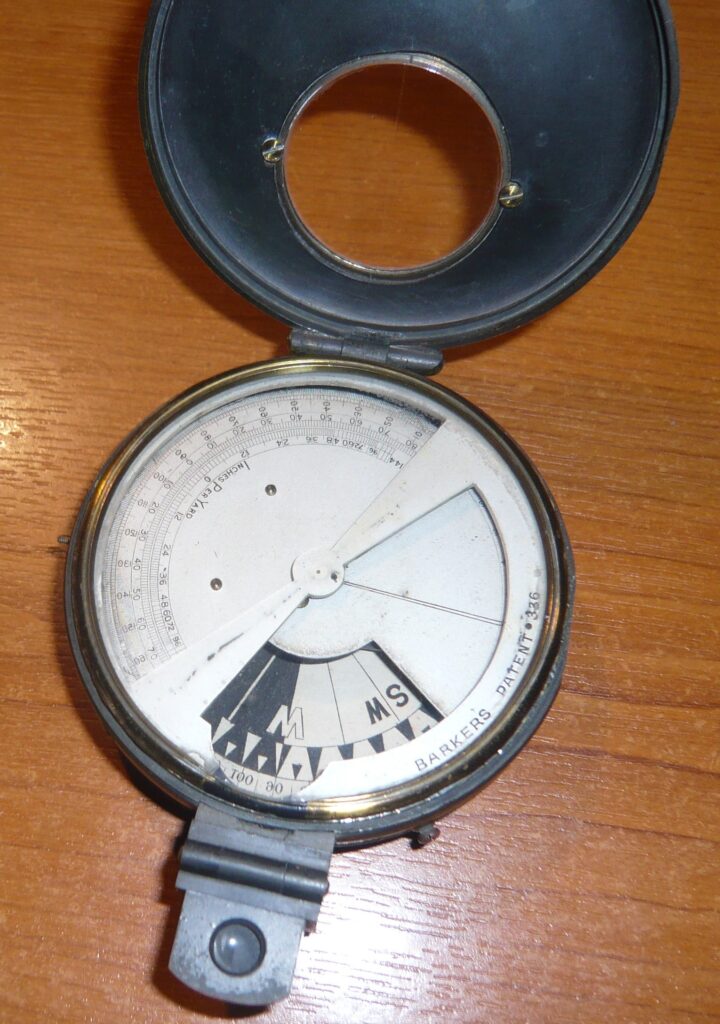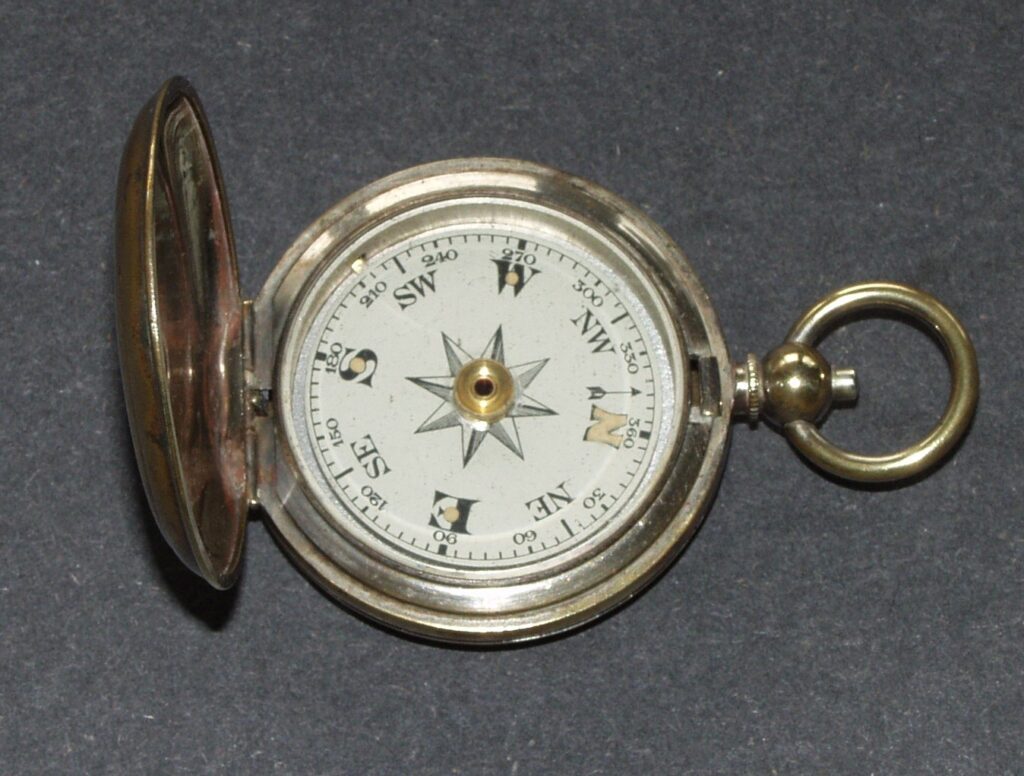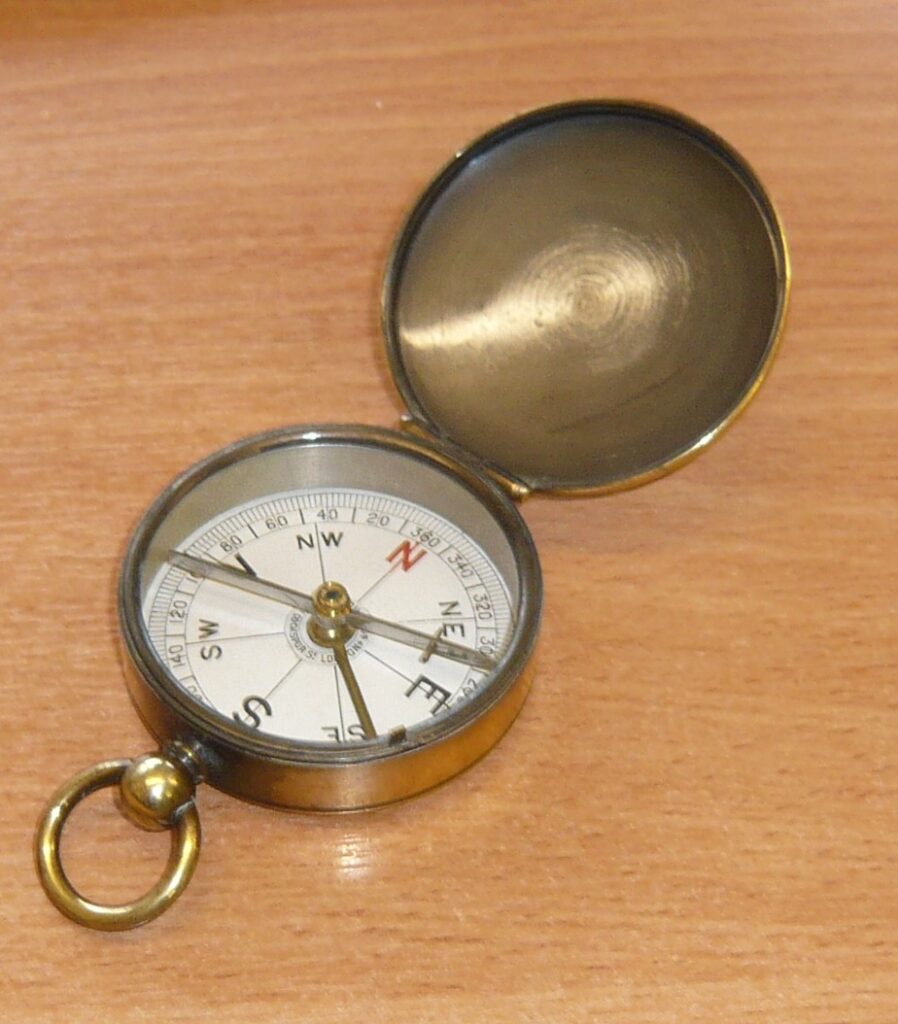There are so many different compasses out there, how do you decide where to focus your collection?

You are spoilt for choice, but something will have attracted you to a specific model. It could be a relatives compass you have been given and you want to find out more about it, or you could focus on a particular period in time, such as a war and you had a relative who served in the war. Maybe you are fascinated by the skill of the instrument makers of the period in question or it is a particular style of compass, such as a orienteering compass that you use for a pastime and you want to understand it’s function and history in more depth. Whatever the reason, it is a good place to start.

My advice is to focus initially on what attracted you. Because a vast majority of compasses are reasonably priced then building a collection should be within a sensible budget. When I started putting together my collection, my initial focus was Singers Patent. No one I spoke to had seen or found the patent. The challenge of finding the patent proved a strong incentive and it took me over 3 years to track the patent down. It had been incorrectly filed all those years ago, so using all the normal methods of searching yielded no result. Had I not spoken to a really helpful man at the Patent Office who was shortly due to retire and agreed to help me, we could possibly still be looking now. As I learnt more about Singers Patent, more about the Patentee and added to my Singer’s Patent collection, it fuelled my enthusiasm to continue. This experience also defined how I would approach my compass collecting in the future, which means that researching compasses, for me, is an aspect that I find particularly rewarding.

Using the internet makes searching for information and compasses very straightforward. Buying at auction sites, including local auction sites are frequently good sources of supply and nearly all have an internet presence these days. Specialist retailers in old compasses are generally very knowledgeable and invariably have good quality stock. Next there are antique dealers, especially those who specialise in scientific instruments, but do not rule out general antique dealers, where you may make that real worthwhile find. Finally there are car boot sales or flea markets which can yield really good finds. A large part of the fun is the hunt for a particular model or having found an example, looking for variants and hunting down not just the variants but also information. Hunting down information has meant I need to travel and as a result visit some fascinating places and meeting interesting people.
There is a lot to be gained by learning how to use a compass because it allows you to understand their construction and evolution.
As a result of collecting compasses I have made many good friends around the world.
Happy hunting and enjoy building your collection.

